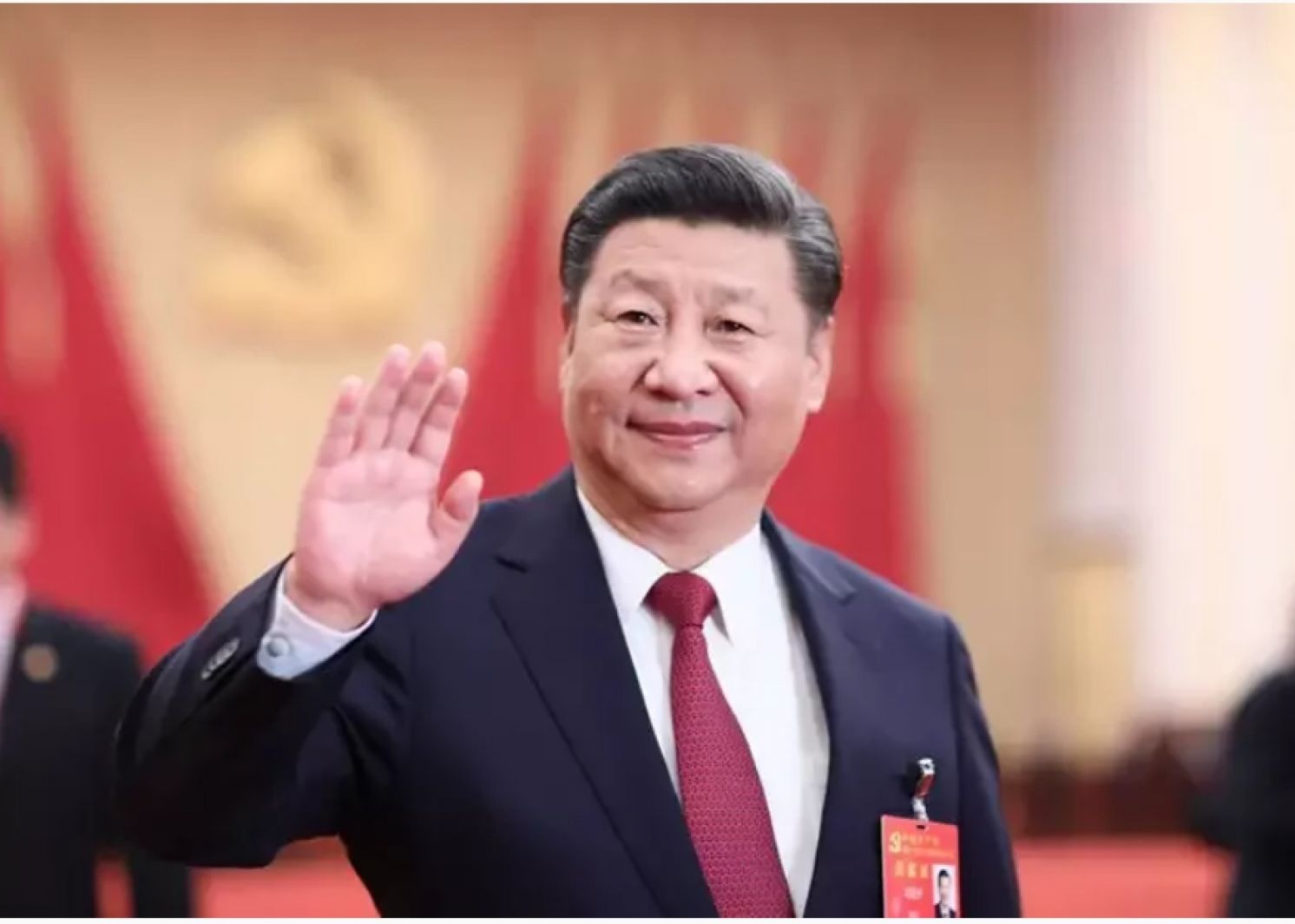
Cross-Strait Relations: After U.S. Warning, Why Xi Poured Cold Water on Taiwan Invasion Remarks
United Daily News, March 28, 2021
After the high-level diplomatic confrontation between the United States and China, a high-ranking general of the U.S. military warned that China may invade Taiwan within six years, heightening tension in the strait. However, Chinese President Xi Jinping recently inspected Fujian and emphasized the need to promote integration with communication, benefit, and love. Xi encouraged the exploration of new paths for cross-strait integration and development, and release important policy signals to continue promoting peaceful development. These statements are tantamount to indirectly dumping a bucket of cold water on the theory of invading Taiwan.
The U.S. military has repeatedly proposed the “China threat” theory in the past, but it is still relatively rare for a statement such as the one given by current commander Admiral Philip Davidson of the Indo-Pacific Command regarding the six-year time frame. Aquilino, the nominee for commander, even added that the threat to Taiwan may be closer than most of us think.
In the past, hawkish media in mainland China, military personnel, and Internet users were the ones to give voice to the possibility of China’s plan to reunify by force. However, the credibility of high-ranking generals in the US military is different after all and as such, this statement has garnered more attention.
In response to Davidson's theory of Taiwan invasion, Spokesman Ren Guoqiang of China’s Ministry of National Defense responded with resolute opposition that the United States overstated the so-called "Chinese military threat." He stated that the U.S. should abandon such zero-sum thinking and treat China's development and national defense construction objectively and rationally. He also said that external forces may be seeking to "use Taiwan to check China" or that Taiwan independence forces are looking to "use force to seek independence" — all of which he considers dead ends.
Bonnie Glaser, a renowned American expert on China, said that Beijing is not worried about Taiwan independence in the short term, but just guarding against President Tsai Ing-wen. She said: "I think there are other top priorities in China. Xi will hold a party congress next year to begin his next term. China has various reasons not to risk using force against Taiwan."
Cui Lei, a researcher at the China Institute of International Studies under the China’s Ministry of Foreign Affairs, recently submitted an article to the "East Asia Forum,” a journal in Australia. He also stated that the use of force against Taiwan may cause Beijing "unpredictable costs" and lead to economic and diplomatic isolation.
Xi, who did not talk about Taiwan at the Two Sessions political meetings this year, chose to inspect Fujian. Strategically located across the strait, it was there he emphasized that it is necessary to start with "community, benefit and affection,” to explore new paths for cross-strait integration and development for greater progress.
In mainland China, promoting integration means communication, a fully integrated framework of economic and trade, infrastructure, energy resources, and professional standards; benefit, a mutually beneficial arrangement; and affection, a deepening spiritual bond between the two sides.
Looking back on Xi's career, he spent seventeen years in Fujian from 1985 to 2002. During this period, he made friends with many Taiwanese businessmen and visited Taiwanese enterprises. With this return to Fujian and his messaging on Taiwan, it can be judged that China's Taiwan policy will generally have two major directions for time to come.
The first is to strengthen the promotion of economic and social integration. At a time when official relations between the two sides of the strait are still tense, Beijing can only strengthen unilateral actions, such as the "22 Agriculture and Forestry Measures" and others on Taiwan issued a few days ago. Attracting business persons, youth and individuals to go to the Mainland for employment and development. After Xi's trip to Fujian, it is believed that similar policies will continue to be introduced.
Second, from Wang Yang's statements at the Two Sessions political meetings and working meeting on Taiwan early this year to Xi's recent remarks in Fujian, it is not urgent for China to resolve the Taiwan issue at this stage. Wang, chairman of the Chinese People’s Political Consultative Conference, mentioned that "times and trends” as well as "initiative power and dominance" are all on the mainland’s side, and Xi's “exploration of new roads for integration and development" and other remarks show that work on Taiwan requires long-term and continuous accumulation and advancement, and should not be "hastened,” but to be done as China sees fit.
However, with Xi’s emphasis on the three-pronged policy of community, benefit, and affection, the Beijing authorities should reflect on the sentiment of "deepening spiritual harmony." As mainland Chinese military aircrafts and warships are still infringing on Taiwan’s surrounding sea and airspace along with its diplomatic department still continuously suppressing Taiwan’s international space—public opinion is spiraling. The distance between the hearts of the people on both sides of the strait have only drifted further and further apart—integration made more and more difficult.